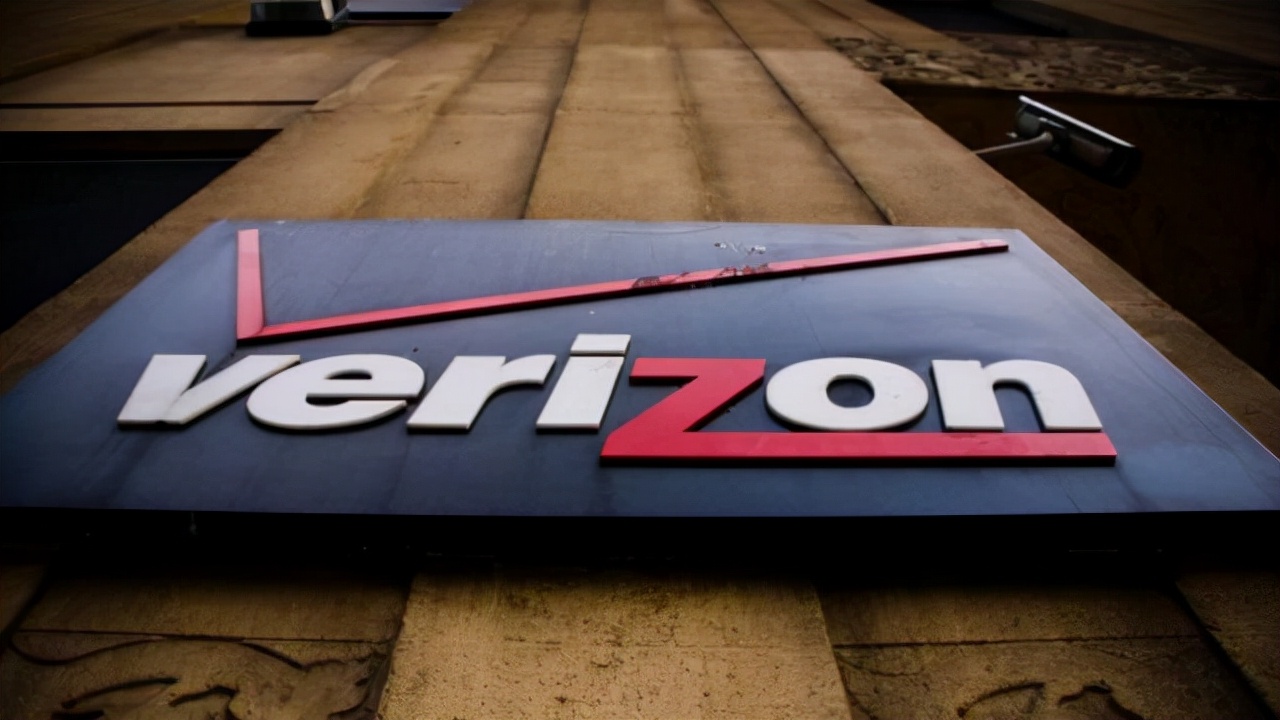According to Light Reading, Verizon and Amazon said they will work on combining Verizon's 5G wireless network with Amazon's planned low-orbit (LEO) satellite Project Kuiper constellation. The first service of this partnership will be to provide backhaul to Verizon's cellular base stations via Amazon's LEO satellite, enabling Verizon to provide fixed wireless Internet service in rural areas where the network is not covered.

Verizon currently has about 150,000 fixed wireless internet customers in both rural and urban areas, but the company is working to significantly expand that number in the coming years.
More broadly, Verizon and Amazon executives say the partnership will enable the two companies to cross the digital divide domestically and globally and bring connectivity services to rural areas, thanks to ubiquitous satellite coverage.
Hans Vestberg, CEO of Verizon, said in a press release: "Today's announcement will help us explore ways to bridge the digital divide and accelerate the benefits and innovations of wireless connectivity to help our customers benefit." ”
New Street Research financial analysts say the opportunity could be worth billions of dollars for both companies. Specifically, they argue that Verizon's wireless network currently fails to reach about 7 million Americans. "If 50 percent of these people become Kuiper/Verizon customers, assuming Verizon's mobile phone user ARPU is about $60, then annual revenue will reach $2.4 billion." They wrote.
Other 5G/LEO collaborations
Verizon's announcement comes weeks after AT&T, another U.S. telecom operator, announced that it had signed a LEO satellite cooperation agreement with satellite operator OneWeb. Like Verizon, AT&T said it would use OneWeb's satellites through the deal to extend its network coverage beyond AT&T's fiber-optic network coverage, or hard-to-reach areas outside of AT&T's cellular network coverage. The companies said OneWeb's platform would "complement" AT&T's existing access technology.
Similarly, Japanese telecom operator KDDI has previously said it will use SpaceX's Starlink to provide backhaul services for its 1,200 cellular towers in remote areas. KDDI said that under the leadership of the new team, the company will start providing services as early as next year.
It's worth noting, though, that Amazon's Project Kuiper lags behind Starlink and OneWeb in terms of satellite deployment. The data shows that Starlink currently has 1650 satellites in orbit (about 100,000 users), while OneWeb's constellation now has 358 satellites. Meanwhile, while Amazon has received approval from the Federal Communications Commission (FCC) to run more than 3,000 LEO satellites, none of them have yet been launched. However, Amazon has pledged to invest $10 billion to build its LEO network.
Provides an after-call service
In a speech at the recent MWC Los Angeles conference, Verizon and Amazon executives said the callback was just the beginning of a new deal between the two companies. They also noted that Verizon's plans to use Amazon's LEO satellite are just the latest in a long-standing collaboration between the two companies, from edge computing to wireless private networks.
"Over the years, we have worked with Verizon on many complex projects." Dave Limp, senior vice president at Amazon, said in his speech. He said Amazon will continue to design and build LEO satellites from its office in Redmond, Washington.
Rima Qureshi, Verizon's chief strategy officer, said Amazon and Verizon will explore other services beyond cellular base station backhaul in the future. She said the two companies will explore "joint solutions" for large enterprise customers in industries such as agriculture, energy and education. She also said Verizon and Amazon will look for opportunities both domestically and globally.
Rima Qureshi noted that Verizon and Nokia have reached an agreement to work together to deploy a 5G private network at the port of Southampton. She said Amazon's satellites can extend network connectivity beyond ports and into marine areas. (C114 Ace)